5 Benefits Of Valerian Root, How It Works, And Side Effects
The most popular use of this herb is as a mild sedative, but that's not all it can do.
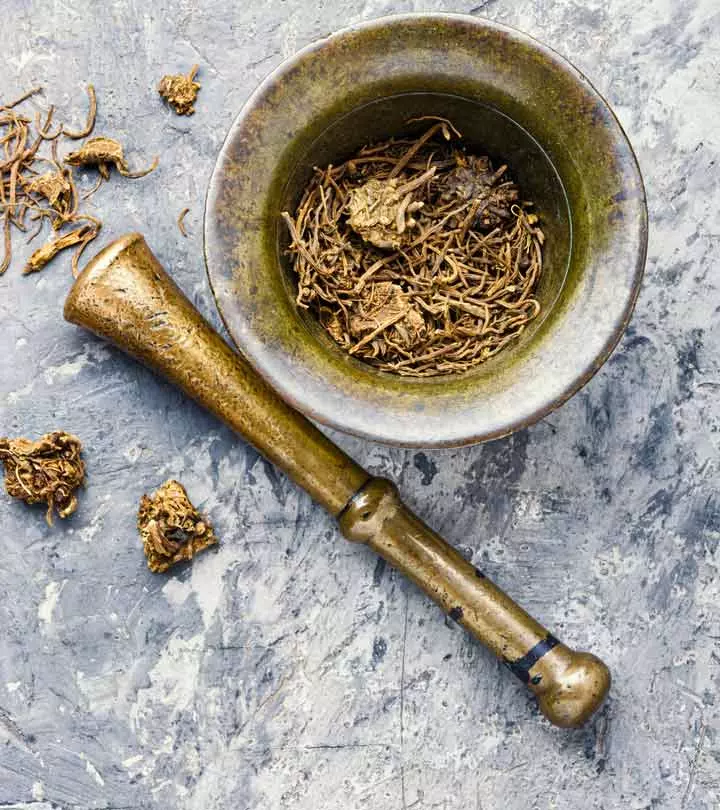
Image: Shutterstock
Valerian roots have played a key role in ancient medicine for thousands of years. Valerian root benefits your health in several ways. It promotes sleep quality and may act as a sedative. The roots are available as pills, powders, and other processed forms. However, they may have a few side effects even when taken according to the recommended dosage. Hence, you must be cautious.

What happens when you consume valerian root for a long time? Can it lead to addiction? This article outlines the benefits of valerian root, potential risks, and how to use it. Read on.
 Know Your Ingredient: Valerian Root
Know Your Ingredient: Valerian RootWhat Is It?
The root of the Valerian plant with a strong, earthy odor.
What Are Its Benefits?
It acts as a sedative, promotes good sleep and calmness, relieves menstrual pain, reduces symptoms of premenstrual syndrome, and may help treat Parkinson’s disease.
Who Can Use It?
Anyone except children, pregnant women, lactating mother,. those who have liver disease, diabetes, or high blood pressure, and people on other sedative medications or who consume alcohol.
How Often?
You can consume valerian root alone or as a diet supplement at regular intervals at a dose no higher than 1060 mg.
Caution
Valerian root may aggravate headaches and cause dizziness, mood swings, and digestive disorders in some individuals due to long-term and excess intake. Consult your doctor if you experience adverse effects.
In This Article
What Is Valerian Root?
Valerian (Valeriana officinalis) is a perennial plant native to Europe and Asia, and also grows in North America. Its roots are sold as a dietary supplement in the US (1). It has a strong earthy odor while its flowers have a mild scent. Valerian root extracts are also used in personal care products, cosmetics, aromatherapy, and veterinary practices. It was also used in perfumes in the 16th century. However, it is majorly used as a home remedy for insomnia (sleeplessness) (2).
 Trivia
TriviaLet us understand how valerian root works. Keep scrolling.
Key Takeaways
- Valerian root is a herbal sedative with active constituents that promote calmness and sleep.
- It may promote better sleep, alleviate menstrual problems, and help treat anxiety disorders.
- Possible side effects of valerian root include headache, dizziness, and stomach pain.
How Does Valerian Root Work?

Valerian root works similar to Xanax (alprazolam), where it inhibits the breakdown of GABAi A key neurotransmitter in the brain that blocks specific signals and offers a calming effect in humans. (gamma-Aminobutyric acid) in the brain. This promotes calmness and sleep. Active constituents in valerian root — valeric acid and valerian extract — exert this action. A study suggests that valeric acid and valerian extract act by binding to the GABA-A receptors (receptors that respond when GABA is released). Both the agents enhance the response to GABA and show a significant sedative action (3),(4).
The benefits of valerian root are not just limited to promoting sleep quality. Keep scrolling to learn about all of its benefits.
Major Benefits Of Valerian Root
1. May Help With Better Sleep

Sleep plays a major role in many bodily functions (5). Hence, chronic insomnia can impact one’s overall health and well-being. Studies show that herbal medicines like valerian root may be effective in promoting sleep and preventing related disorders (6).
Armand Diaz, author and consciousness blogger, shares his experience of using valerian root as a sleeping aid and for lucid dreaming: “When I take valerian [root], it is very easy to fall back asleep if I awaken during the night. My dreams are somewhat more vivid, but also more difficult to remember, no doubt because I am inclined to go back to sleep (i).”
Another blogger talks about using valerian root for enhanced sleep despite a bothersome pain in the neck. “Taking Valerian Root at night had helped me to sleep lying down and provided relief from the loud pinched nerves that kept informing me of the issue [sic] (ii),” she claims.
 Trivia
Trivia2. May Help Treat PMS
Premenstrual syndrome is associated with a few other health complications. Valerian root extract may reduce the emotional, physical, and behavioral symptoms of premenstrual syndrome. The regimen can be beneficial if started on the 21st day of the menstrual cycle and continued for seven days (7).
3. May Help Alleviate Menstrual Problems

Research suggests that the antispasmodic effects (ability to suppress muscle contractions) of valerian may help reduce menstrual pain. It may also reduce the need for other pain relievers if taken three times a day for two cycles (8).
4. May Help In The Treatment Of Parkinson’s Disease
Parkinson’s disease (PD) is the second most common neurodegenerative disorder. Its major contributor seems to be oxidative stress. Studies suggest that valerian shows promise in the treatment of Parkinson’s disease by decreasing oxidative stress (9).
5. May Help Treat Anxiety Disorder
Valerian is found to help reduce anxiety. Its extract contains valerenic acid that is known to exert its anxiolytic (anxiety-relieving) action on GABA-A receptors. GABA is the primary inhibitory neurotransmitter in the central nervous system, whose deficit leads to anxiety (9). Many health experts also suggest using it as an essential oil for anxiety.
 Trivia
TriviaThough valerian root offers important benefits, it also may pose certain potential risks. Keep scrolling to know more.
Possible Risks And Side Effects Of Valerian Root

The side effects of valerian root or its extracts are based on anecdotal evidence. These include:
- Headache
Valerian roots are used for relieving headaches. On the contrary, consuming valerian root is reported to aggravate headaches in sensitive individuals. These headaches were observed to be severe in the morning. This effect is mostly associated with the herb’s long-term intake.
- Dizziness
Imprudent use of valerian root may make one sleepy or drowsy. Sleepiness, mood swings, and increased drowsiness may occur with the intake of high doses of valerian root.
- Stomach Pain
Excess intake of valerian root is also associated with stomach pain. The pain may also be accompanied by mild digestive problems like constipation or diarrhea. Diarrhea or stomach upset occurs mainly due to the laxative effect (emptying of bowels) of the valerian root.
Note: All these side effects are usually mild and subside gradually after one discontinues the use of valerian. Consult a doctor if you experience severe side effects.
Valerian root may potentially interact with other medications, especially drugs with sedative effects like benzodiazepines and antidepressants. Combining these substances could lead to excessive drowsiness and other unwanted side effects. So, you should consult a healthcare professional before using valerian root with other medications to ensure safe and effective use.
You should follow certain special precautions while consuming valerian root. These may help reduce the risk of side effects.
Special Precautions And Warnings
- Make sure you are not allergic to the active constituents in valerian root like valeric acid and valerian.
- Do not consume if you are taking other sedative medications.
- Do not consume alcohol if you are using valerian roots or supplements.
- Valerian’s safety in pregnant women and lactating mothers is not established yet. Better to avoid its consumption.
- Do not administer valerian to children.
- Consult a doctor before consuming valerian root if you have liver disease, diabetes, or high blood pressure.
- Do not consume valerian for extended periods as it can be addictive.
- Do not operate machinery or drive after valerian intake.
As already mentioned, valerian root is considered a natural remedy for better sleep. Check out the next section to learn how you can use it for that.
How To Take Valerian Root For Sleep
Once your doctor recommends valerian root for sleep, you may have it in the form of tinctures, capsules, powder, or tea. You may consume the capsules and tinctures with water, or mix the powder in warm milk. If you wish to have it as tea, here is how you can prepare it:
Ingredients
- 2-3 grams of the dried valerian root or a preportioned tea bag
- 1 cup water
How To Prepare
- Boil water in a pan.
- If you are using a preportioned tea bag, add it to a mug and pour hot water over it.
- For dried valerian root, transfer it to an infuser for use.
- Let it steep in water for 5-10 minutes.
- Strain and consume immediately.
The valerian root, if used properly, can offer lasting results. The following tips can help you maximize its benefits.
How To Take Valerian Root To Maximize Benefits?

- Do not consume valerian root in large amounts. Moderate consumption is the key to maximum benefits.
- Fresh valerian root may have enhanced benefits.
- Valerian root comes in various forms. Always go through the packaging of the product and follow the guidelines specified.
- You can consume valerian root as a supplement with your regular medicines. However, speak to your doctor before doing so.
- Use valerian only as necessary. Stop taking it once you see the desired result as it may be addictive.
- Stop its use if you see no improvement even after 2 weeks. Consult your doctor.
Infographic: Top 5 Health Benefits Of Valerian Root
Valerian root might just be one of the best ancient medicines used to improve women’s health. From improving sleep quality to helping tackle menstrual issues, this remedy is very effective. Check out the infographic below to learn the top 5 health benefits of valerian root for women.
Some thing wrong with infographic shortcode. please verify shortcode syntaxTo Conclude
Valerian root is a popular dietary supplement renowned for its calming properties. It is replete with bioactive compounds that offer a strong earthy aroma and a host of benefits. The benefits of valerian root include better sleep and reduced menstrual cramps. It may also help relieve anxiety. You can reap the benefits of valerian root by consuming its fresh roots, pills, or powders. However, be wary of the side effects it may cause if taken in excess. If you experience any adverse effects, limit its use and seek medical advice.
Frequently Asked Questions
Which is better, melatonin or valerian root?
Melatonin is considered a better option over valerian root because it exists within the body and acts as a natural remedy and offers rest in a more natural way. In addition, there is less chance of adverse effects.
Can valerian root stop panic attacks?
From one small study, the intake of valerian capsules that contain 530 mg of dried valerian root one hour before bedtime for one month helps in relaxation and prevents anxiety or panic attacks (10).
Does valerian root slow your heart rate?
Many anecdotal evidence suggests that valerian root is effective in maintaining blood pressure and heart rate in people after the surgery. However, limited data is available to prove these claims.
Can you withdraw from valerian root?
Valerian root doesn’t cause any withdrawal symptoms. However, it may cause a few, when it is used for long periods.
Is 1000 mg valerian root too much?
No. Doses higher than 1060 mg are generally considered too much valerian root.
Does valerian root affect hormones?
Valerian root is a phytoestrogenici Plant-based compounds, similar to estrogen in the human body, that rebalance women's hormones during menopause. herb that contains many volatile oils and phytoestrogens are estrogen-like complexes with estrogenic and anti-estrogenic properties (11). In addition, this can be effective in the treatment of hot flashes in menopausal women.
Is valerian root a benzodiazepinei A class of drugs that treats anxiety and insomnia and other conditions related to the central nervous system. ?
Valerian root has a mechanism of action similar to that of benzodiazepine.
Is valerian root good for adrenal fatigue?
Many anecdotal studies suggest that the intake of valerian root helps improve adrenal fatigue conditions. However, limited data is available to prove this claim.
Does valerian root increase dopamine?
Valerian root is believed to increase dopamine levels but there is no data available to prove this claim.
Illustration: Benefits Of Valerian Root, How It Works, And Side Effects
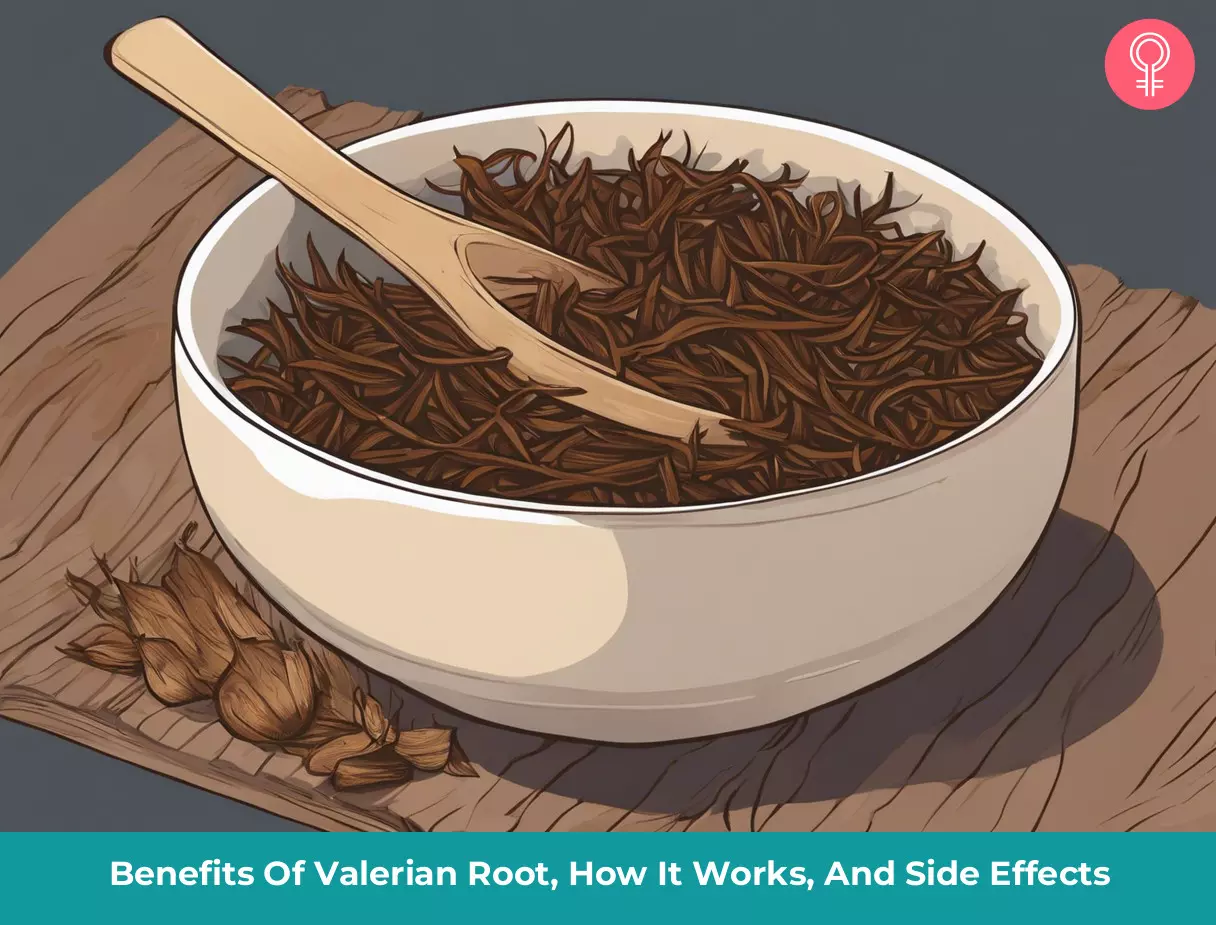
Image: Stable Diffusion/StyleCraze Design Team
Discover the amazing benefits of valerian root! Learn what this herb is used for and how it can help improve your health. Get the facts in this informative video.
Personal Experience: Source
StyleCraze's articles are interwoven with authentic personal narratives that provide depth and resonance to our content. Below are the sources of the personal accounts referenced in this article.
i. Lucid Dreaming: An Experiment with Valerian and Passion Flowerhttps://medium.com/@podcast_99174/lucid-dreaming-an-experiment-with-valerian-and-passion-flower-5182a78f4db2ii. The Surgery That Did Not Happen
https://christinashineon.medium.com/the-surgery-that-did-not-happen-aa985e2c549b
References
Articles on StyleCraze are backed by verified information from peer-reviewed and academic research papers, reputed organizations, research institutions, and medical associations to ensure accuracy and relevance. Read our editorial policy to learn more.
- Valerian
https://ods.od.nih.gov/factsheets/Valerian-HealthProfessional/#en1 - Back to the Roots—An Overview of the Chemical Composition and Bioactivity of Selected Root-Essential Oils
https://www.mdpi.com/1420-3049/26/11/3155 - The gamma-aminobutyric acidergic effects of valerian and valerenic acid on rat brainstem neuronal activity
https://pubmed.ncbi.nlm.nih.gov/14742369/ - GABA A receptors as in vivo substrate for the anxiolytic action of valerenic acid a major constituent of valerian root extracts
https://pubmed.ncbi.nlm.nih.gov/18602406/ - Functions and Mechanisms of Sleep
https://www.ncbi.nlm.nih.gov/labs/pmc/articles/PMC5390528/#:~:text=Nevertheless%2C%20it%20is%20quite%20evident - Valerian Root in Treating Sleep Problems and Associated Disorders-A Systematic Review and Meta-Analysis
https://pubmed.ncbi.nlm.nih.gov/33086877/ - The effect of Valerian root extract on the severity of premenstrual syndrome symptoms
https://pubmed.ncbi.nlm.nih.gov/27419099/ - Effects of valerian on the severity and systemic manifestations of dysmenorrhea
https://pubmed.ncbi.nlm.nih.gov/21959068/ - Natural Compounds for the Management of Parkinson\’s Disease and Attention-Deficit/Hyperactivity Disorder
https://www.ncbi.nlm.nih.gov/pmc/articles/PMC6282143/ - The Effects of Valerian on Sleep Quality, Depression, and State Anxiety in Hemodialysis Patients: A Randomized, Double-blind, Crossover Clinical Trial
https://www.ncbi.nlm.nih.gov/pmc/articles/PMC8077445/ - The Effects of Valerian Root on Hot Flashes in Menopausal Women
https://www.ncbi.nlm.nih.gov/pmc/articles/PMC3813196/
Read full bio of Jenny Champion
Read full bio of Aparna Mallampalli
Read full bio of Ravi Teja Tadimalla
Read full bio of Payal Karnik






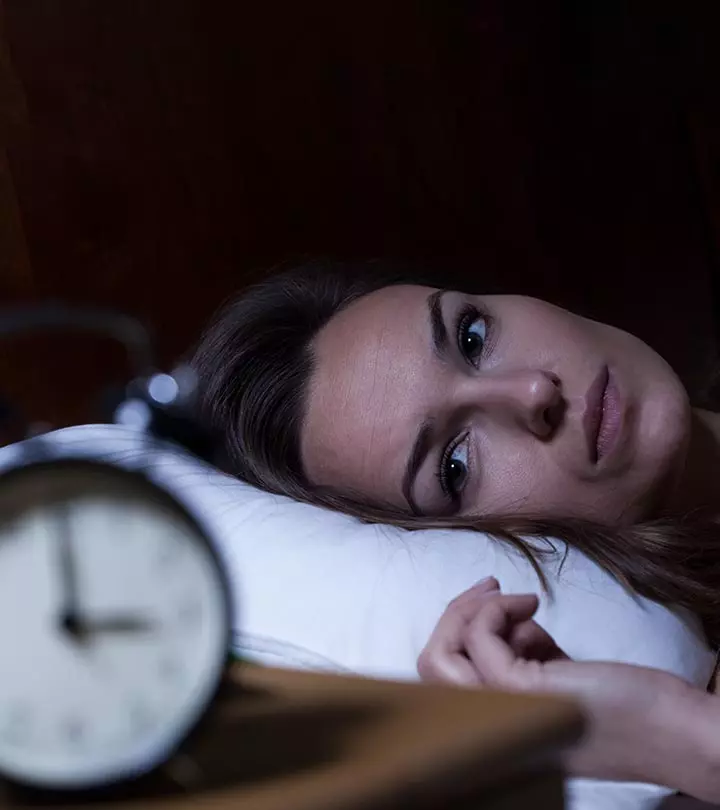

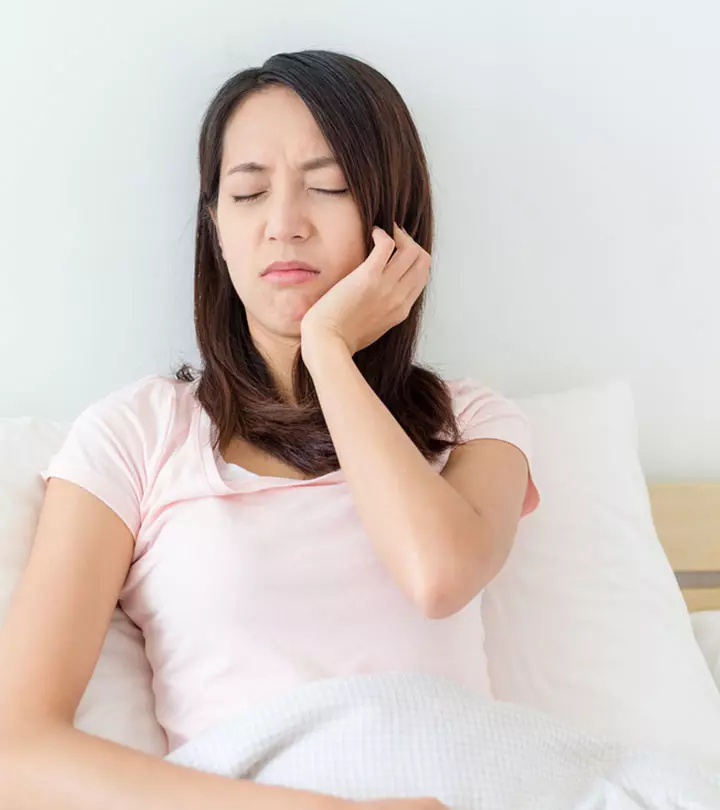

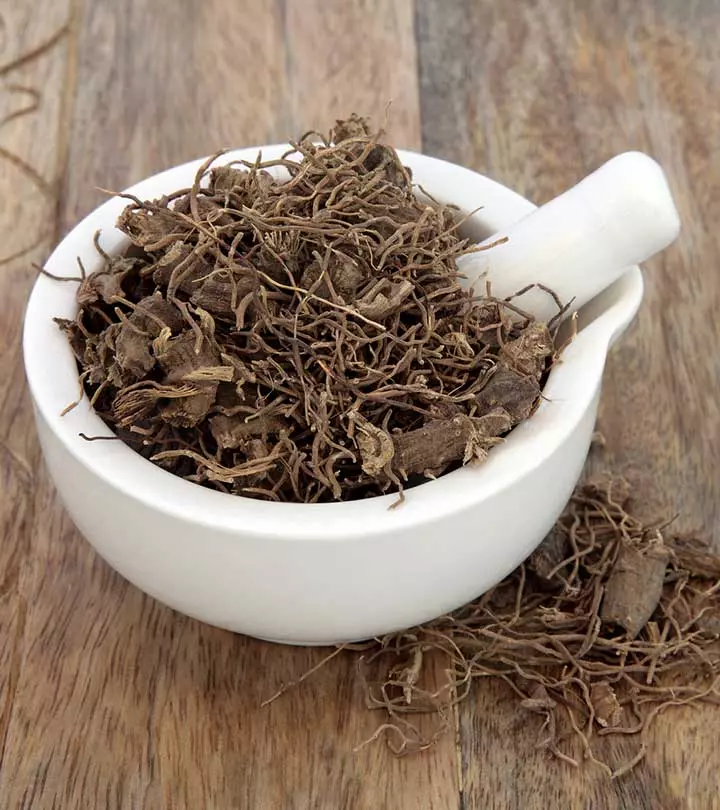









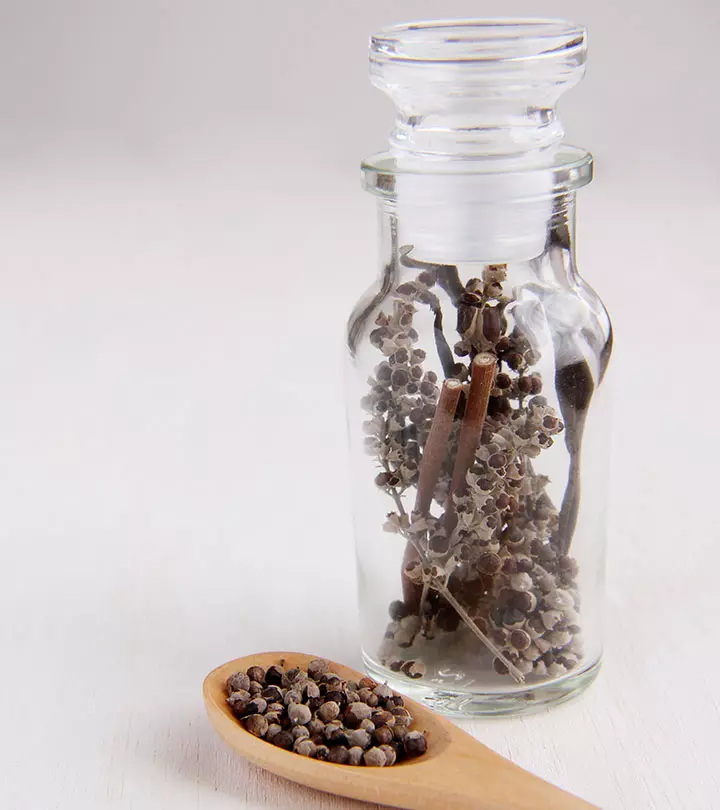

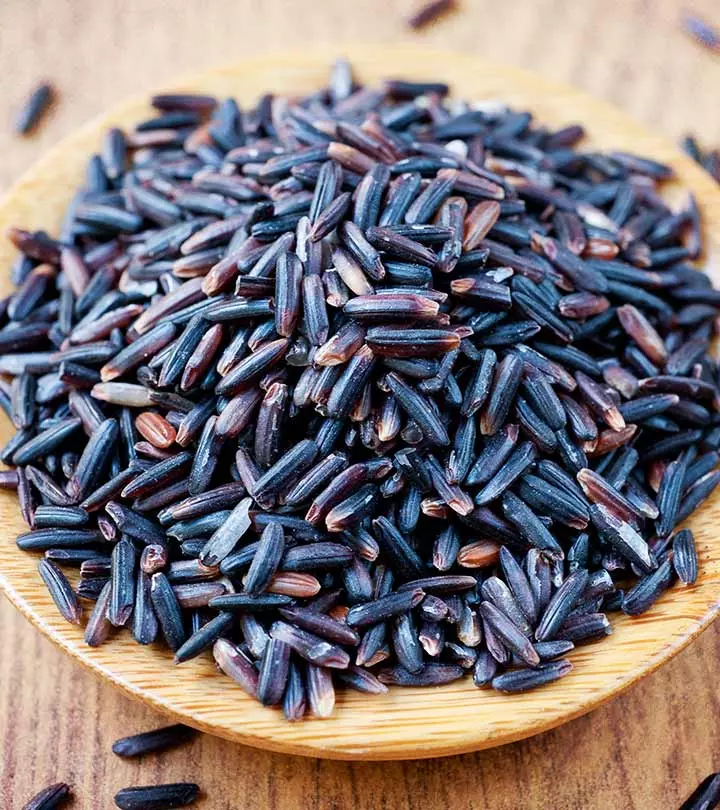
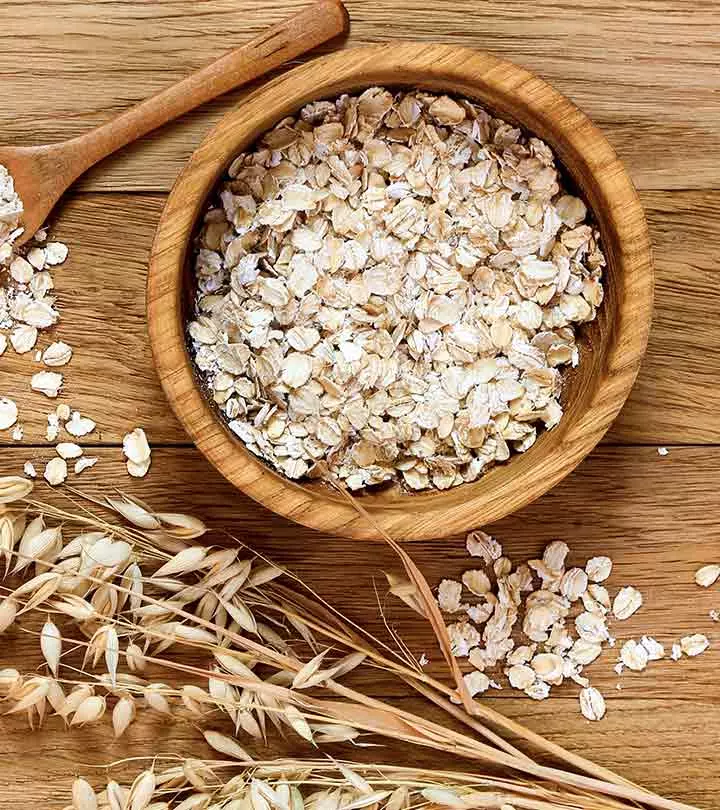
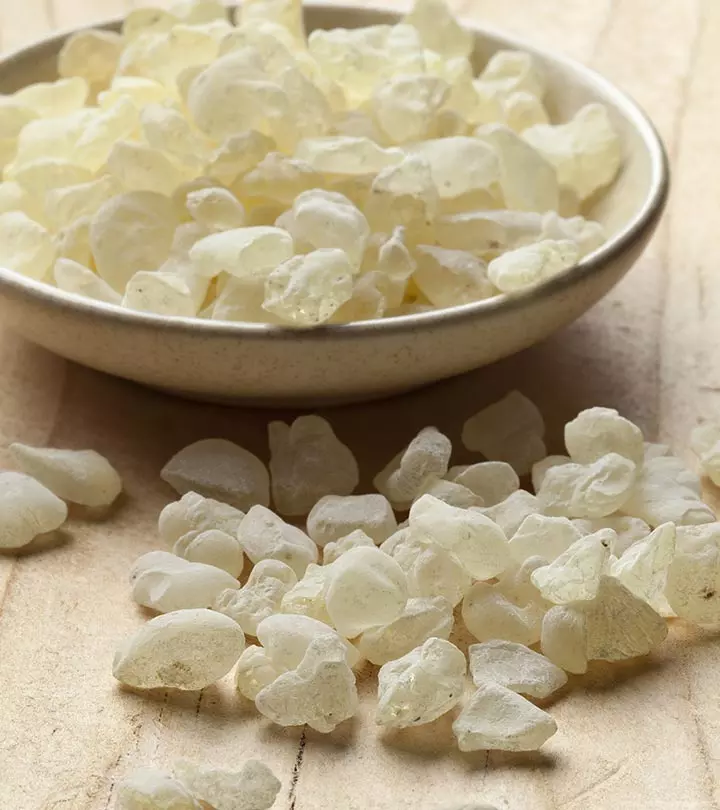

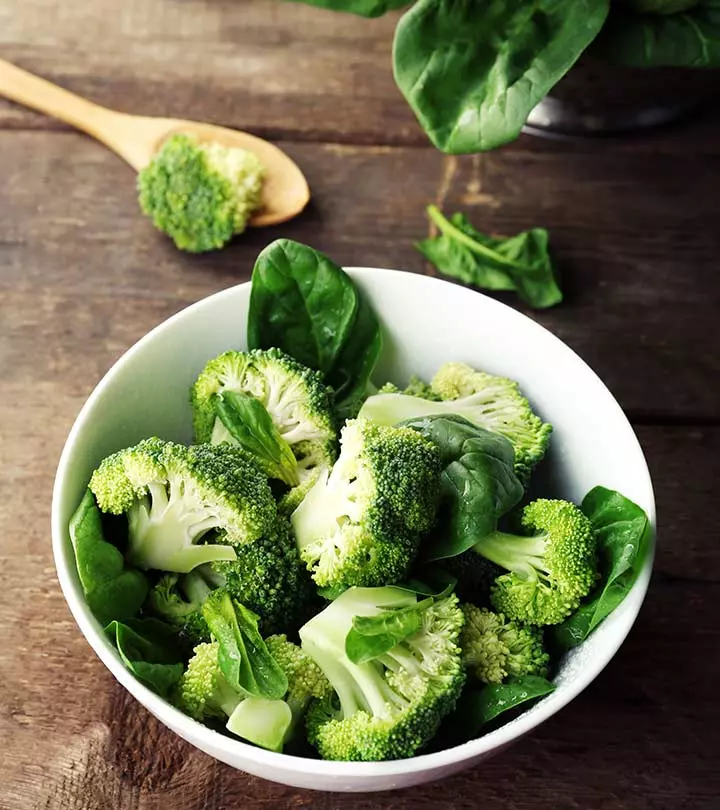
Community Experiences
Join the conversation and become a part of our empowering community! Share your stories, experiences, and insights to connect with other beauty, lifestyle, and health enthusiasts.